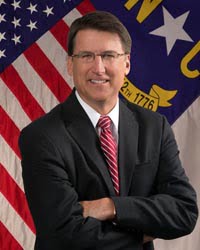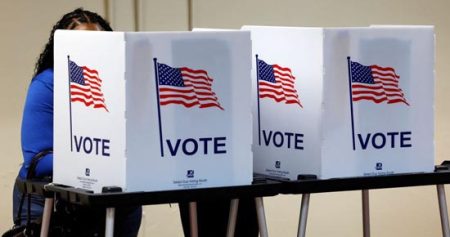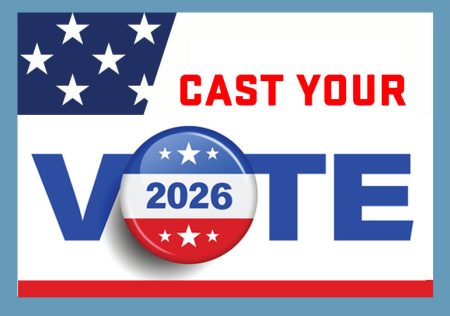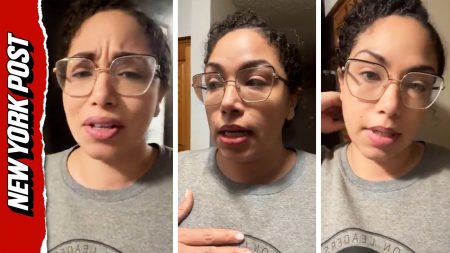Governor Steps Back on HB 2

After a number of major corporations publicly announced that they would not make planned new investments in North Carolina in light of the passage of HB 2, the state’s so-called “bathroom bill,” Governor Pat McCrory signed an Executive Order April 12, 2016 to try to clarify the meaning and extent of the new statute.
In a statement, the governor’s office wrote that “to protect the privacy and equality of all North Carolinians,” the new Executive Order would provide “new protections for North Carolina residents.” See governor.nc.gov/press-release/governor-mccrory-takes-action-protect-privacy-and-equality
“After listening to people’s feedback for the past several weeks on this issue, I have come to the conclusion that there is a great deal of misinformation, misinterpretation, confusion, a lot of passion and frankly, selective outrage and hypocrisy, especially against the great state of North Carolina,” said Governor McCrory. “Based upon this feedback, I am taking action to affirm and improve the state’s commitment to privacy and equality.”
The governor, apparently nervous about the growing perception that NC actively discriminates against GLBT citizens and is unwelcoming to businesses that value employee talent and loyalty regardless of sexual orientation or identity, tried in the Executive Order to draw a clear line between state policy, municipal home rule, and private business. He asserted that private businesses are free not to discriminate if they wish (though they are not prohibited from doing so), and that local governments may also choose not to discriminate in their own hiring and firing practices.
On the other hand, local governments are still prohibited from requiring that businesses they contract with not discriminate or from setting wage and labor standards that go beyond state minimums. HB 2 states that North Carolina’s public policy safeguards “the right and opportunity of all individuals” in places of public accommodation, “free of discrimination because of race, religion, color, national origin, or biological sex”—but deliberately omits sexual orientation (gay, lesbian, bisexual) or gender identity (male, female, transgendered). It is that policy that the governor is attempting to address.
In its own words, Executive Order 93 does the following:
- Maintains common sense gender-specific restroom and locker room facilities in government buildings and schools
- Affirms the private sector’s right to establish its own restroom and locker room policies
- Affirms the private sector and local governments’ right to establish non-discrimination employment policies for its own employees
- Expands the state’s employment policy for state employees to cover sexual orientation and gender identity
- Seeks legislation to reinstate the right to sue in state court for discrimination
According to the governor’s office, “With this Executive Order, the State of North Carolina is now one of 24 states that have protections for sexual orientation and gender identity for its employees.”
However, because HB 2 does NOT include gender identity or sexual orientation in its statement of public policy, there is some question whether the governor’s Executive Order can simply overturn that part of the law.
The governor’s call for new legislation to restore the right to file state antidiscrimination lawsuits is likely to fall on deaf ears in the legislature, since limiting or eliminating citizens’ right to sue—narrowing who can file class action suits, delaying discrimination cases, and contracts requiring people to give up their right to sue in favor of business-friendly arbritration— has long been part of the agenda of many of the conservative think tanks and public policy institutes that have financed the campaigns of many state senators and house members.








